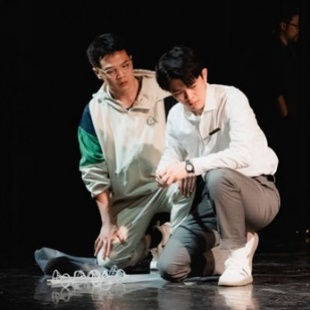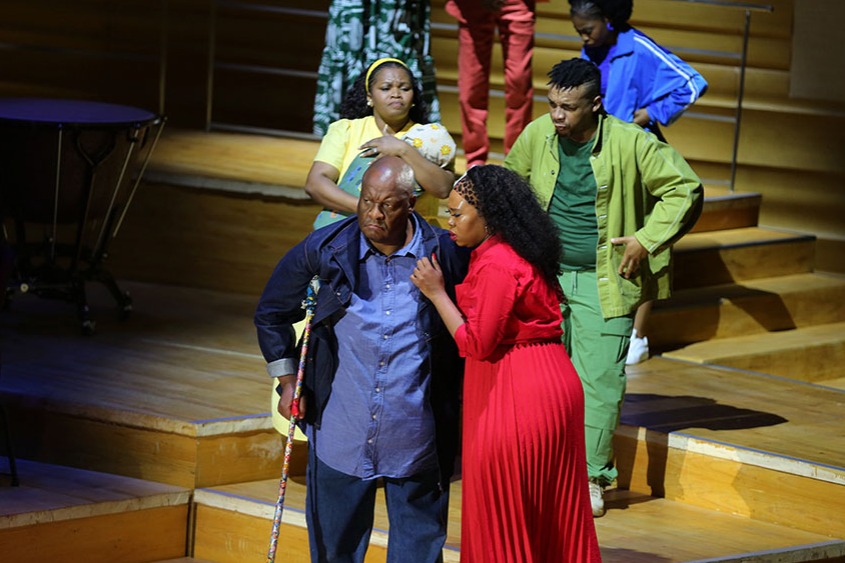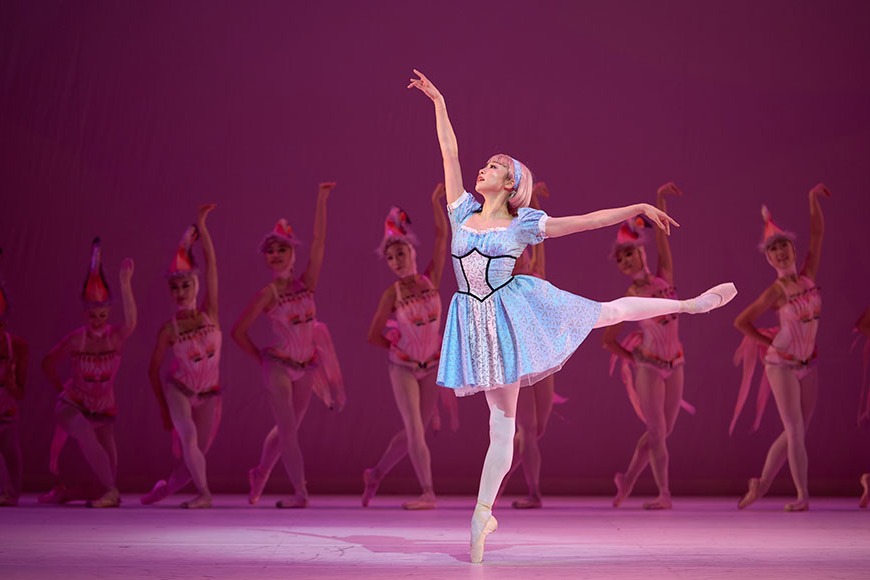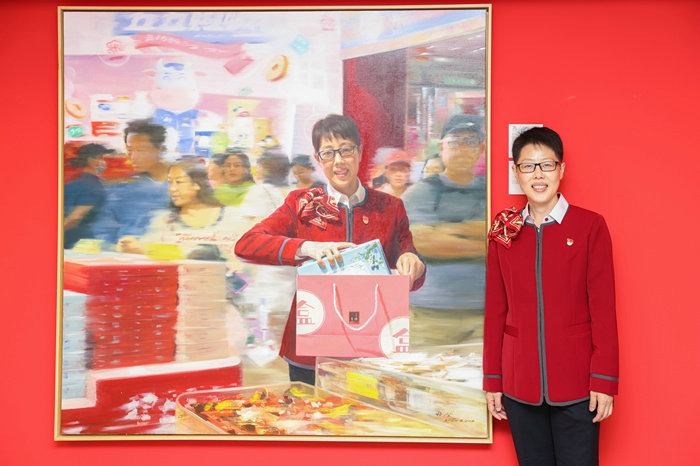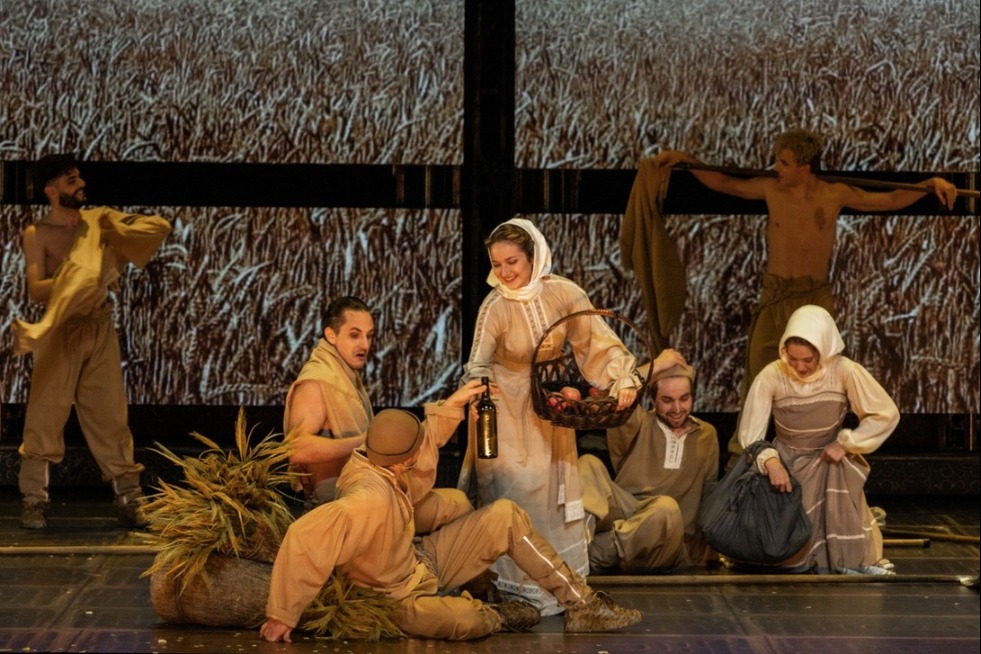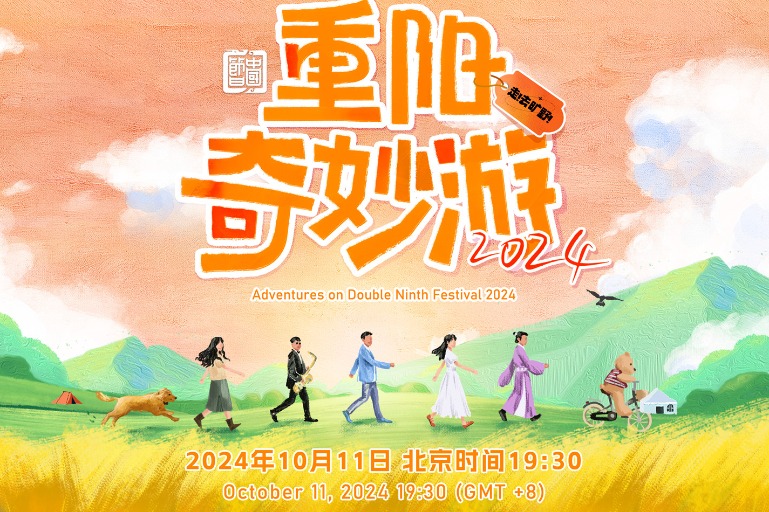Play sparks debate on education


The Nine initially began as a nonprofessional university theater club. After emerging from Peking University, they achieved great commercial success, critical acclaim, and a large fan base with their original five-part series focusing on the intellectuals during China's Republican period (1912-1949).
This time, collaborating with another theater group and adapting Kwok's work represent The Nine's attempt to "open up new possibilities", as stated by the show's producer, Jiang Xinwen. "In addition to our original productions, we hope to introduce some excellent external works, providing our teams with the opportunity to experience different perspectives. At the same time, we want to show the industry that we are an open-minded theater group," Jiang said.
Zhu Hongxuan, the director of the show and founder of The Nine, explained that she chose to adapt this play because she was moved by the dialectical nature of the script.
"The script presents various viewpoints thoroughly. Rather than taking a definitive stance, Guo showcases the collision of different perspectives within a short time and a relatively simple space," she explained.
According to Zhu, the play serves as both an "allegory" and a "microcosm".Through the topic of school regulations and the diverse attitudes of both teachers and students, it explores different views on humanity and the world.
Although distinct from The Nine's previous dramas, this play maintains the core theme of "telling stories about noble spirits and the people and events that uphold these spirits", said Zhu. And many audiences summarize this spirit as idealism.
"Idealism is reflected in the fact that no character is portrayed as a complete antagonist; each person has a commendable aspect," said Zhu.


